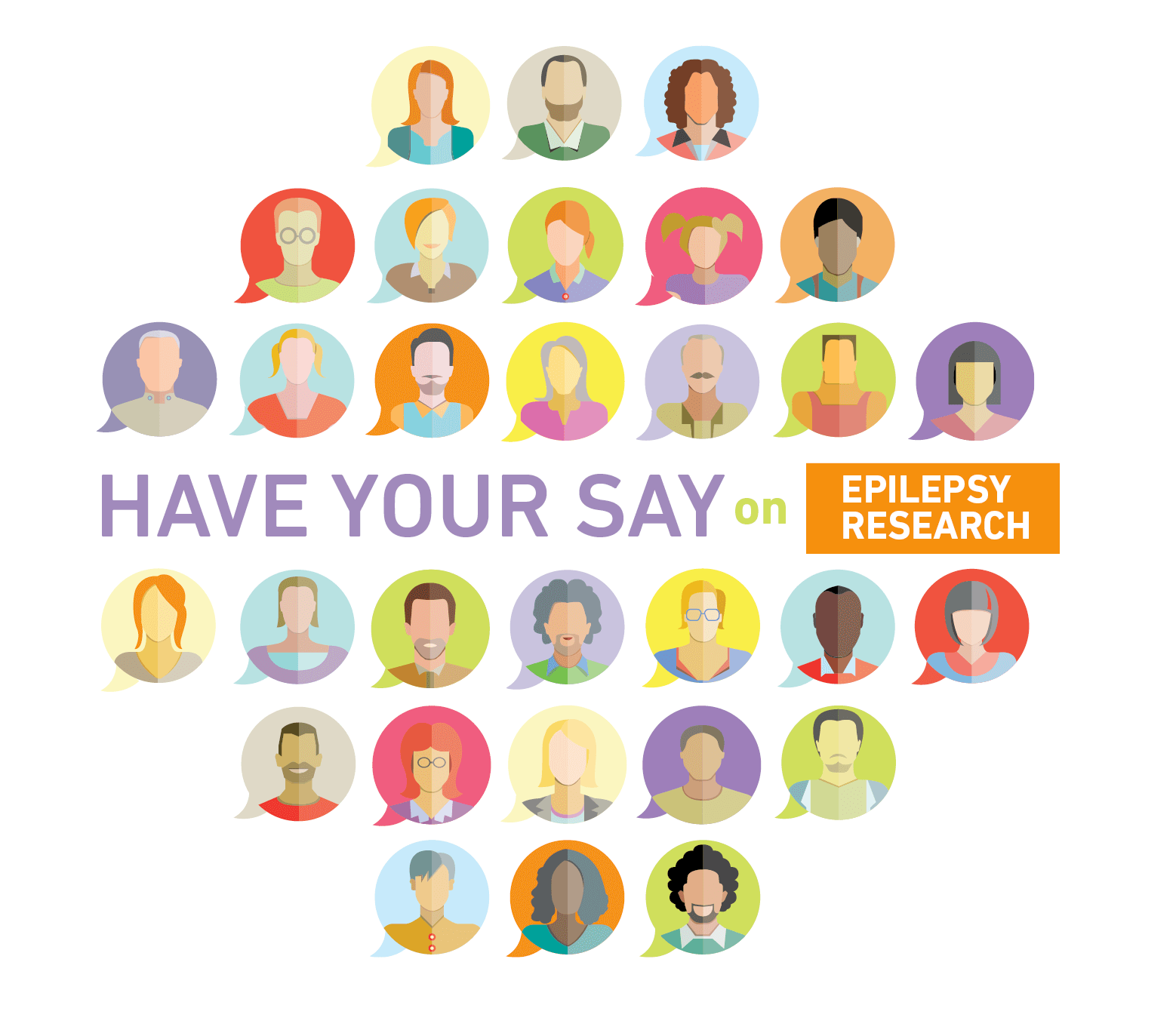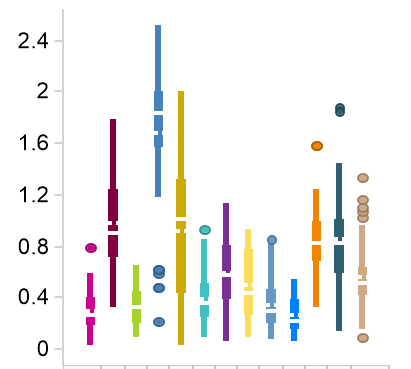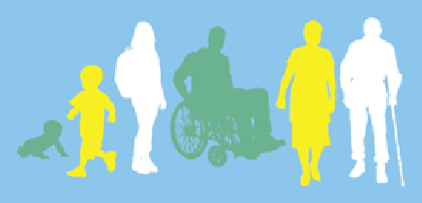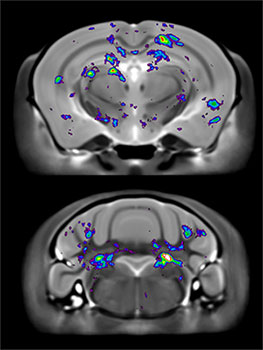Epilepsy Priority Setting Partnership
EpLink, James Lind Alliance, Ontario Brain Institute
|
A Priority Setting Partnership for epilepsy and seizures was conducted by the Ontario Brain Institute, its epilepsy research program, EpLink, and the James Lind Alliance. Using an established methodology, evidence uncertainties were gathered via online surveys from the Canadian epilepsy community, including people with epilepsy, caregivers, and healthcare providers. Submissions were formed into summary questions and checked against existing evidence to determine if they were true uncertainties. Verified uncertainties were then ranked by patients, caregivers and healthcare providers and a final workshop was held to reach a consensus on the top 10 priorities for epilepsy research.
|
| Version: 1.0 | Date Released: 2022-06-10 | Participants: 473 | |
| Files: 1 | Size: 2.56 MB | ||
| DOI: 10.60955/gpdn-tf86 | ARK ID: 70798/d71v7x8z9440f9wj3j | ||
|
Modalities: Survey Responses Formats: CSV |
|||
For further information
Canadian epilepsy priority-setting partnership: Toward a new national research agenda
Amaya Singh, Rebecca Woelfle, Rachel Chepesiuk, Carla Southward, Jordan Antflick, Katherine Cowan, Kathryn Hum, Marcus Ng, Jorge G. Burneo & Ana Suller Marti
Epilepsy & Behavior, Volume 130 (2022)
Long-term, Phantom Quality Assurance data for functional Magnetic Resonance Imaging from 13 3T research scanners
ONDRI and CAN-BIND Neuroimaging Platforms, Ontario Brain Institute
|
Function Biomedical Informatics Research Network (fBIRN) phantoms were scanned at monthly intervals for four years as a quality assurance (QA) measure to monitor between- and within-site stability in 13 magnetic resonance imaging (MRI) scanners participating in the multisite, longitudinal studies of the Ontario Brain Institute’s (OBI) Ontario Neurodegeneration Disease Research Initiative (ONDRI) and Canadian Biomarker Integration Network in Depression (CAN-BIND) programs.
|
| Version: 1.0 | Date Released: 2019-06-07 | Scanners: 13 | |
| Files: 2,685,440 | Size: 103 GB | ||
| DOI: 10.60955/vkv1-r268 | ARK ID: 70798/d7q8ftd969rpp6x5fj | ||
|
Scans: rs-fMRI Modalities: Neuroimaging Formats: DICOM, CSV |
|||
For further information
Kayvanrad A, Arnott SR, Churchill N, Hassel S, Chemparathy A, Dong F, Zamyadi M, Gee T, Bartha R, Black SE, Lawrence-Dewar JM, Scott CJM, Symons S, Davis AD, Hall GB, Harris J, Lobaugh NJ, MacQueen G, Woo C & Strother S
Neuroimage; 237 (2021)
Neurodevelopmental Disorders Priority Setting Partnership
POND Network, James Lind Alliance, Ontario Brain Institute
|
A Priority Setting Partnership for neurodevelopmental disorders was started between the Ontario Brain Institute, associated members of the Province of Ontario Neurodevelopmental Disorders (POND) Network, and the James Lind Alliance. This collaboration engaged the neurodevelopmental disorder community to identify questions that they think are the most important for researchers to address.
|
| Version: 1.0 | Date Released: 2018-09-18 | Participants: 1274 | |
| Files: 1 | Size: 447 KB | ||
| DOI: 10.60955/9sf1-vd47 | ARK ID: 70798/d7rp1130s9j6662gxs | ||
|
Modalities: Survey Responses Formats: CSV |
|||
High Resolution Magnetic Resonance Imaging of Mouse Model related to Autism
Dr Jason Lerch, Dr Jacob Ellegood, Dr Mark Henkelman, POND Network
|
Drs Jason Lerch, Jacob Ellegood, Mark Henkelman and their team at the Mouse Imaging Centre (MICe) at the Hospital for Sick Children have pioneered high throughput mouse brain Magnetic Resonance Imaging (MRI) to better understand how autism affects the brain. In collaboration with multiple international and national labs, the team is using MRI to phenotype multiple mouse strains with genetic mutations that are known to be associated with autism. These images capture the complex heterogeneity inherent in the autism spectrum and also identify key brain areas that are commonly involved across these mouse models.
|
| Version: 1.0 | Date Released: 2017-09-18 | Participants: 839 | |
| Files: 4299 | Size: 168 GB | ||
| DOI: 10.60955/j11m-y912 | ARK ID: 70798/d70t1jbnf7nk722kps | ||
|
Modalities: Neuroimaging Formats: CSV, MINC |
|||
Additional Resources
| About POND | Related Publications |




